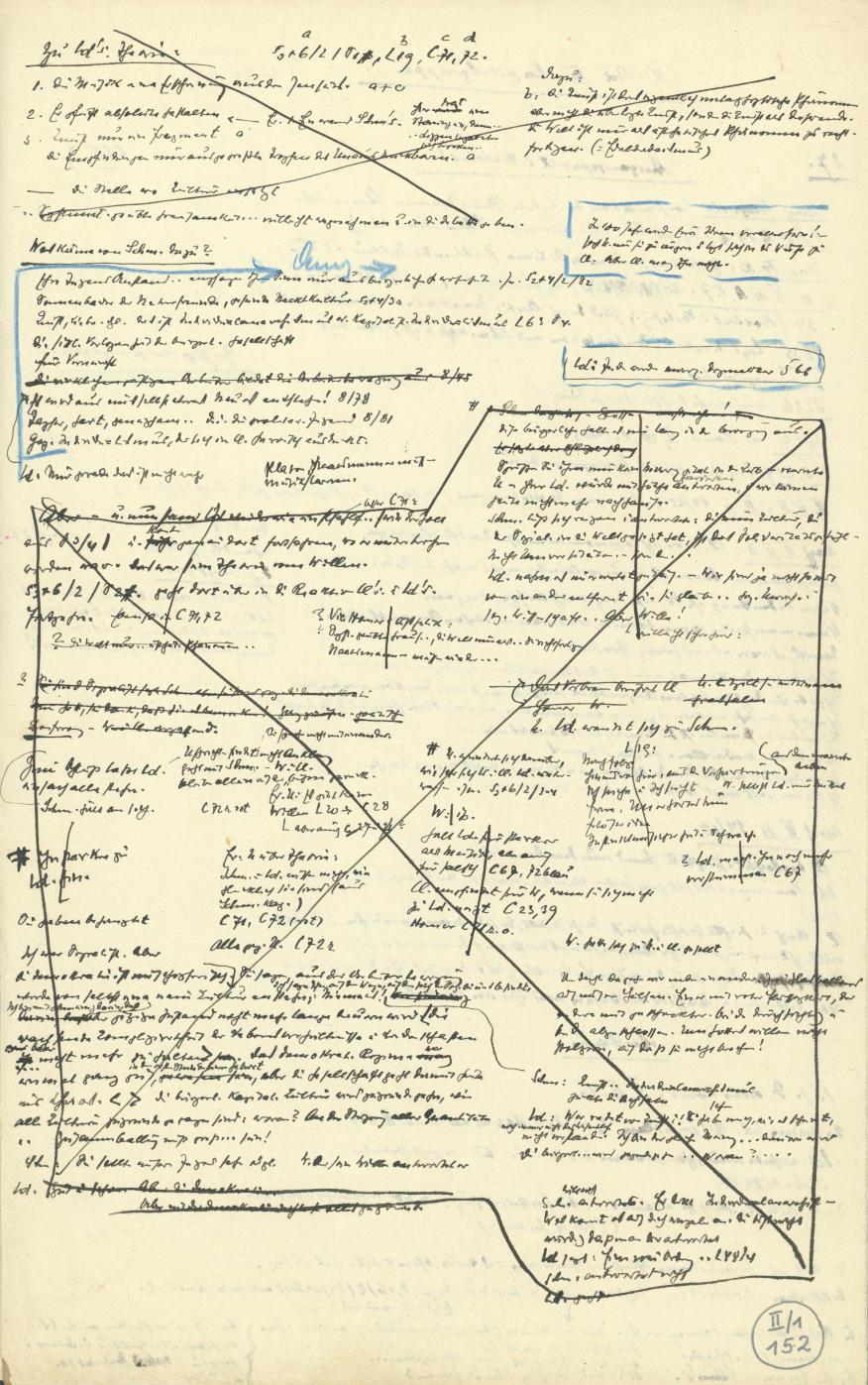Cambridge Companion to Literature and Philosophy. Cambridge University Press, In Preparation. Print.
Zumhagen-Yekplé, Karen.
A Different Order of Difficulty: Literature after Wittgenstein. University of Chicago Press, 2020. Web.
Publisher's VersionAbstract
Is the point of philosophy to transmit beliefs about the world, or can it sometimes have higher ambitions? In her bold new book, Karen Zumhagen-Yekplé makes an innovative literary-critical intervention into the “resolute” program of Wittgenstein scholarship, revealing that Wittgenstein's Tractatus Logico-Philosophicusis not a theory of logic or metaphysics; it is instead a complex, mock-theoretical puzzle designed to engage readers in the therapeutic process of self-clarification he saw as the true work of philosophy. This process, she argues, has consequences more significant than anything that can be achieved by straightforward modes of instruction. Seen in this light, Wittgenstein comes to look much more like his modernist contemporaries than he might appear. Just like the literary writers of his time, Wittgenstein believes in the productive power of difficulty, in varieties of spiritual experience, in the importance of age-old questions about life’s meaning, and in the possibility of transfigurative shifts toward the right way of seeing the world. In a series of absorbing chapters, Zumhagen-Yekplé shows how Kafka, Woolf, Joyce, and Coetzee set their readers on a path toward a new way of being. Offering a new perspective on Wittgenstein as philosophical modernist, and on the lives and afterlives of his indirect teaching, A Different Order of Difficulty represents a compelling addition to studies in both literature and philosophy.
 Introduction_ADOD_zumhagen-yekple.pdf
Introduction_ADOD_zumhagen-yekple.pdf woolf_diamond_and_the_difficulty_of_reality_zumhagen-yekple_adod.pdf
woolf_diamond_and_the_difficulty_of_reality_zumhagen-yekple_adod.pdf Zumhagen-Yekplé, Karen, and Michael LeMahieu eds. Wittgenstein and Modernism. Chicago: University of Chicago Press, 2017. Web.
Publisher's VersionAbstract
Ludwig Wittgenstein famously declared that philosophy “ought really to be written only as a form of poetry,” and he even described the Tractatus as “philosophical and, at the same time, literary.” But few books have really followed up on these claims, especially as they relate to the special literary and artistic period in which Wittgenstein worked. This book offers the first collection to address the rich, vexed, and often contradictory relationship between modernism—the twentieth century’s predominant cultural and artistic movement—and Wittgenstein, one of its preeminent and most enduring philosophers. In doing so it offers rich new understandings of both. Karen Zumhagen-Yekplé and Michael LeMahieu bring together scholars in both twentieth-century philosophy and modern literary studies to put Wittgenstein into dialogue with some of modernism’s most iconic figures, including Samuel Beckett, Saul Bellow, Walter Benjamin, Henry James, James Joyce, Franz Kafka, Adolf Loos, Robert Musil, Wallace Stevens, and Virginia Woolf. The contributors touch on two important aspects of Wittgenstein’s work and modernism itself: form and medium. They discuss issues ranging from Wittgenstein and poetics to his use of numbered propositions in the Tractatus as a virtuoso performance of modernist form; from Wittgenstein’s persistence metaphoric use of religion, music, and photography to an exploration of how he and Henry James both negotiated the relationship between the aesthetic and the ethical. Covering many other fascinating intersections of the philosopher and the arts, this book offers an important bridge across the disciplinary divides that have kept us from a fuller picture of both Wittgenstein and the larger intellectual and cultural movement of which he was a part. |
|







